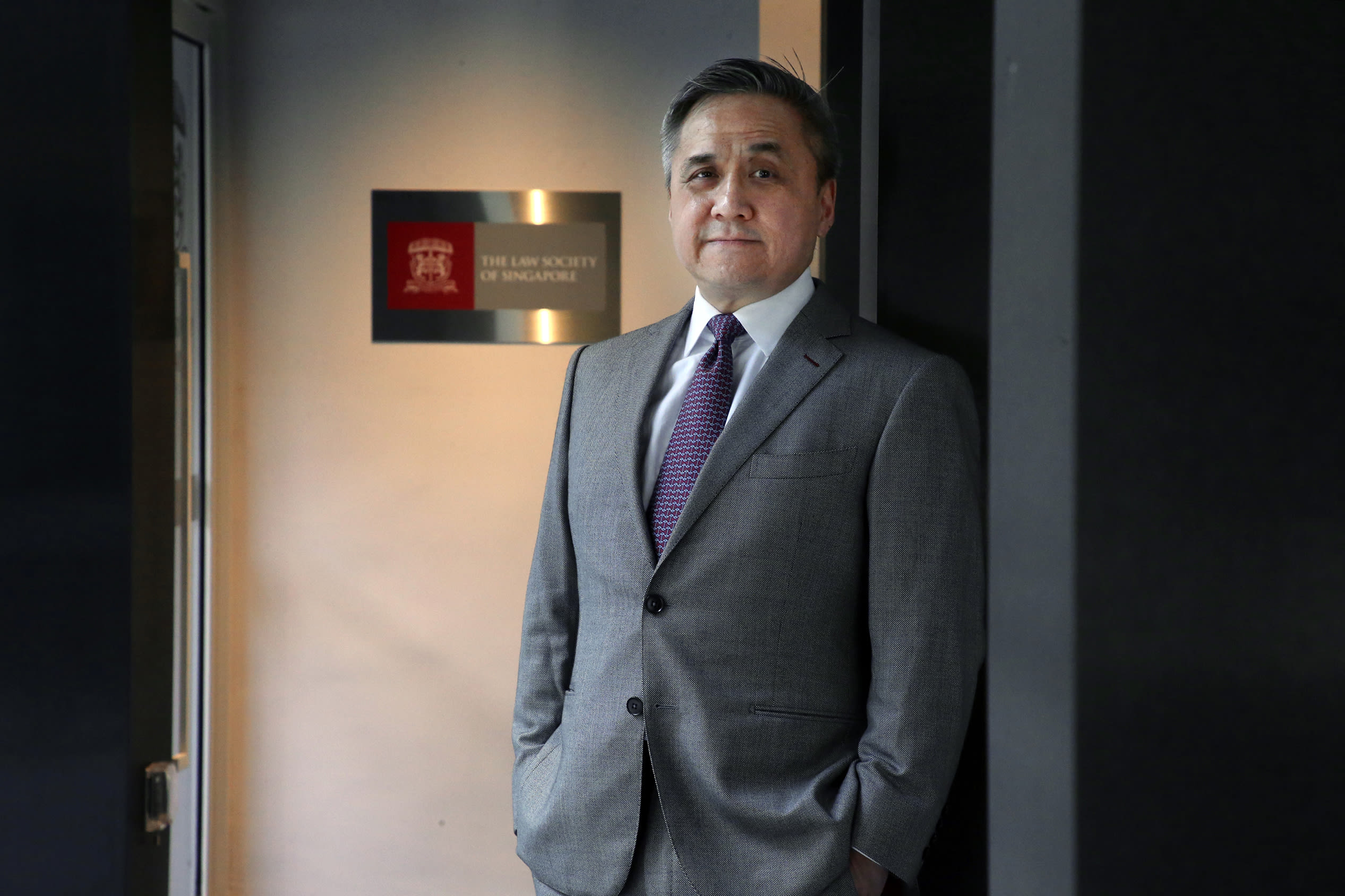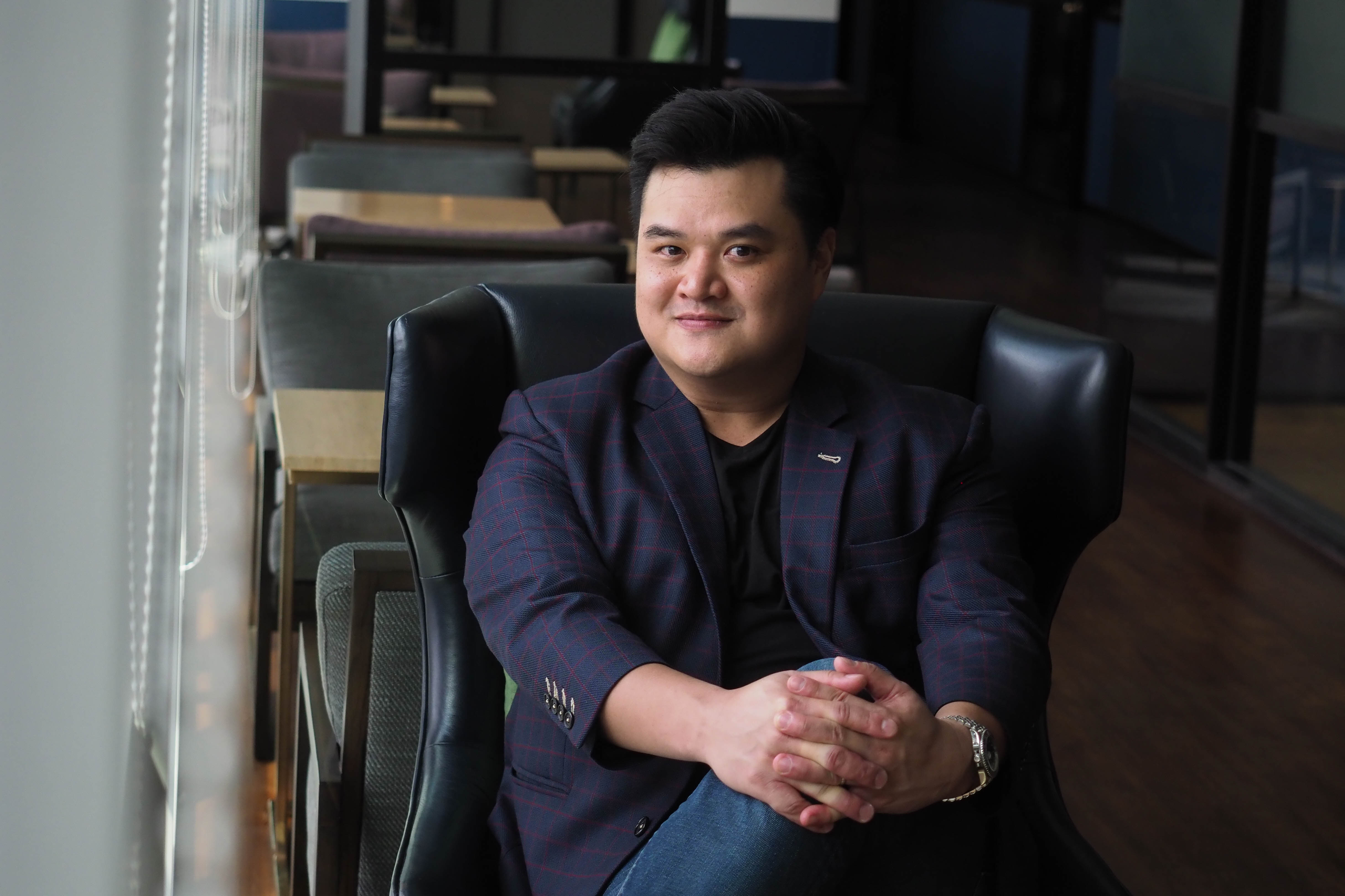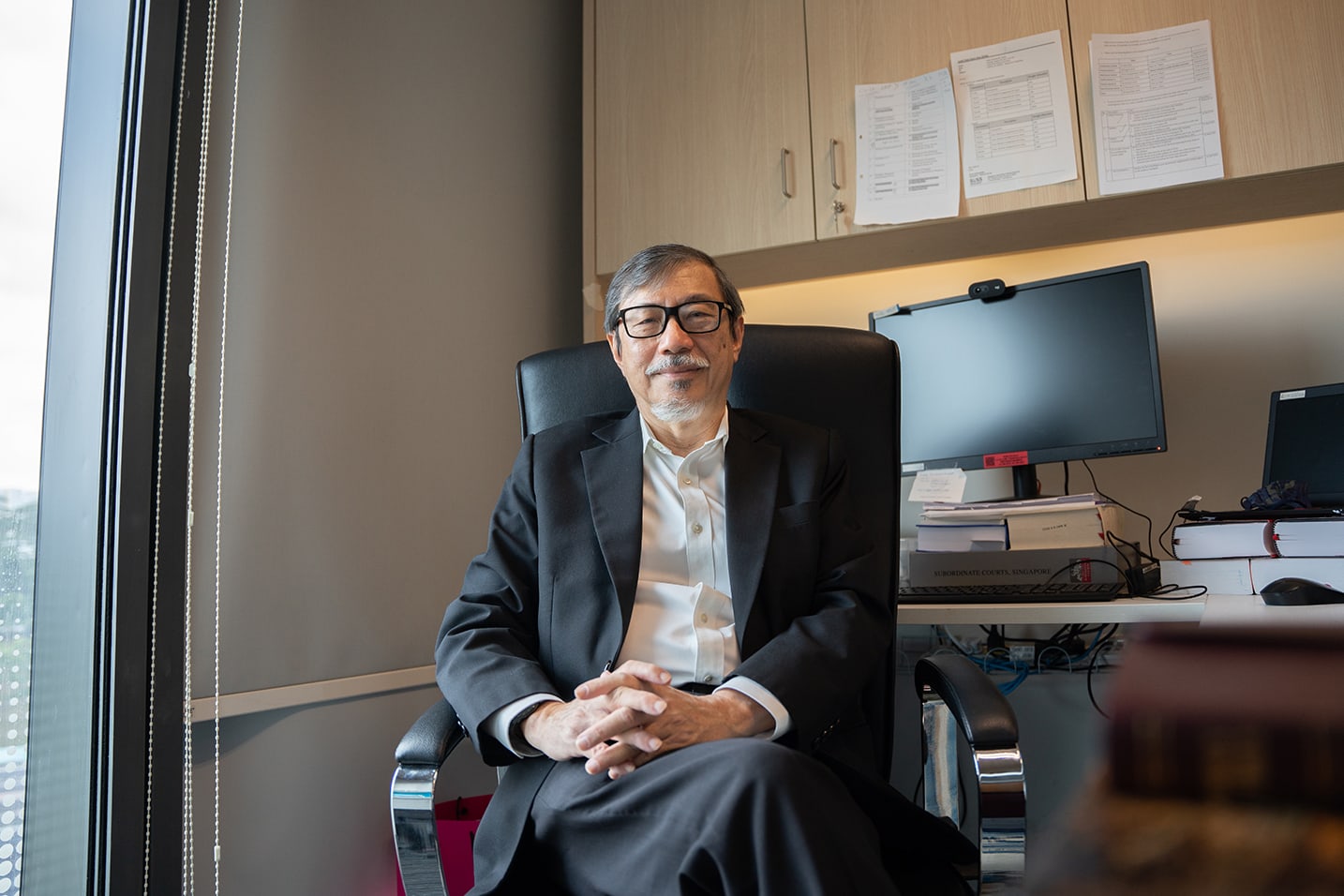https://www.todayonline.com/big-read/big-read-short-why-young-lawyers-are-leaving-practice-1796611
The Big Read in short: Why young lawyers are leaving practice

Each week, TODAY’s long-running Big Read series delves into the trends and issues that matter. This week, we look at the attrition of young lawyers which is causing concern for the industry. This is a shortened version of the full feature, which can be found here.
- Earlier this month, Law Society president Adrian Tan said that a record 538 lawyers left the profession last year, most of whom were juniors
- Young lawyers interviewed by TODAY said they left legal practice because they were burnt out, encountered toxic behaviour or found that it did not match their aspirations
- Despite a healthy supply of new entrants to the profession each year, senior lawyers stressed the need to retain talent
- They offered a range of suggestions to improve work-life balance and the culture at law firms, as well as helping young lawyers better plan their career
- A law school dean cited the need to address a mismatch of expectations and a misperception among some law students that being a lawyer is "glamorous"
SINGAPORE — Like many sectors in Singapore, the legal profession was not spared the ravages of Covid-19.
As the coronavirus forced borders to close and battered economies worldwide, James, an associate at a law firm, was told by his bosses in 2020 that everyone would have to tighten their belts as they were freezing all pay increments.
Considering it was an unprecedented period for many, James and his peers saw themselves as fortunate to be gainfully employed at a time when others were losing their jobs.
Thus, they were willing to batten down the hatches and wait for the difficult times to pass, and dutifully worked through the notoriously long hours the job is known for.
But something did not sit right for the 29-year-old.
James, like several interviewees who related their negative work experiences at various law firms to TODAY, did not want their real names used for fear of jeopardising their employment opportunities, or becoming the fodder for water cooler gossip in a small industry that has some 6,000 lawyers.
“Working from home due to Covid has, in a way, been the 'red pill'. It allowed us to take a step back and realise that we were being exploited by firms that used the pandemic as an excuse,” said James, referencing a plot device from science-fiction blockbuster The Matrix that led the film’s protagonist to learn the truth about his reality.
James, who was at the time specialising in corporate law, recalled one incident that put him off. A senior lawyer had bought a watch that cost a “few hundred thousands” and was bragging about it.
He found out through his fellow associates that it was not an isolated incident either, as their bosses were similarly making large purchases for homes and cars.
“It’s not nice knowing that you’re slaving away, buying into this idea that we need to be financially prudent during Covid, and yet you have so many bosses (making extravagant purchases) because they don’t have to pay out these additional bonuses.”
Such behaviour was what led several associates to leave the firm, said James.
After being in the firm for about three years, he resigned late last year. Now, he works as an in-house lawyer, which has enabled him to regain his work-life balance and exposed him to different industries.
The issue of attrition among young lawyers in the legal profession was brought to the fore by new Law Society president Adrian Tan during the opening of the Legal Year 2022 ceremony earlier this month.
In his speech, Mr Tan highlighted that a record 538 lawyers left the profession last year, most of whom were in the junior category of lawyers who had practised for less than five years.
In the junior category alone, the Law Society saw a record high of 310 exits, making up nearly 60 per cent of last year’s resignations. This coincided with a record low number of new lawyers being called to the bar in 2021, he added.

The departures, said Mr Tan, came in the midst of the "great resignation" sweeping some parts of the world where some workers are said to be quitting after the pandemic caused them to re-evaluate their priorities.
In trying to understand what has led to this attrition, TODAY spoke with others like James who have recently either left practice or the legal sector altogether.
Their reasons ran the gamut from incompatibility in career aspirations, to toxic work culture.
“When you’re sitting in your own room, working on the computer without any social interaction for that many hours, sleep for five hours and then rinse and repeat, it can get very mentally draining.David, 28, who left legal practice recently and felt that prior to the pandemic, the camaraderie of being in the trenches together with colleagues made the experience more bearable.”
For many, working from home, as a result of Covid-19 regulations, provided them with an opportunity to reflect on their circumstances.
In the case of David, not his real name, the routine of working from 9am up to 4am in isolation at home took a mental toll on him.
The 28-year-old said that prior to the pandemic, he would be working late into the night at the office “surrounded by friends”, and the camaraderie of being in the trenches together made the experience bearable.
“But when you’re sitting in your own room, working on the computer without any social interaction for that many hours, sleep for five hours and then rinse and repeat, it can get very mentally draining.”
David, who was a trainee at that point of time, stressed that he was not ill-treated, but felt that his superiors just did not know how to support their employees during the pandemic.
“I just felt very alienated. I had a good hard think about what I wanted to do, and this wasn’t it.”
David eventually left the legal sector to work in investments in mid-2020.
Some of those interviewed by TODAY also brought up the toxic work culture in some law firms — an issue which was also discussed online recently in a Linkedin Post by Mr Jonathan Muk, an associate director at a law firm, who was spurred to do so by a Business Times article on the matter.
An example from the article related to a junior lawyer who would get just less than four hours of sleep, and had to seek permission from her firm’s partner before doing anything.
In his post, Mr Muk claimed the example was not unique or one-off, but a “pervasive norm in the Singapore legal industry”.
Speaking to TODAY, Mr Muk said that he could accept young lawyers leaving because of a mismatch in career expectations.
“What I am not fine with is people (who leave because) they get burned by bad bosses and toxic workplaces,” he said.
Mr Tan told TODAY that LawSoc has kicked off a nationwide conversation about the legal profession on social media, chat groups and private discussions.
“We are hearing from those who have stayed, those who have left, and those who have returned to private practice,” he said.
“There is a bit of a survivorship bias. My first two years of practice were extremely difficult. At that time I was told it was difficult for me because it had been equally difficult for my predecessors.Mr Adrian Wee, director of law firm Characterist LLC”
WAYS TO IMPROVE RETENTION
Some of the senior lawyers TODAY spoke to offered suggestions on how to retain young legal talent.
Mr Adrian Wee, director of law firm Characterist LLC, said that while it is generally agreed that the profession is demanding, there is room to improve work-life balance in a young lawyer’s life, for example.
“There is a bit of a survivorship bias,” he said. “My first two years of practice were extremely difficult. At that time I was told it was difficult for me because it had been equally difficult for my predecessors.”
He added: “They said if that was how they were trained, then this was how I was going to be trained too, and they would be damned if I turned out to be a 'strawberry'.”
He said this culture of requiring a young lawyer to be prepared to suffer for the first few years of their career has now been passed down. “It doesn’t necessarily have to be so,” he pointed out.
Rather, he said young lawyers should be given a clear path to the future so that “when life gets tough, they are able to see ‘the point of their suffering’ ”, instead of just fearing a reprimand from their boss.
Mr Mark Teng, the executive director of That.Legal LLC, pointed out that toxicity in a workplace is not limited to the legal industry.
While he does not condone bad behaviour, he proffered possible reasons why some seniors lawyers behave poorly and drive young lawyers away
“The work is quite intellectually vigorous and people are generally smart and academic," he said.
“Naturally those who don’t leave, and become partners and directors at the end of the day are people who are exceptionally intelligent and they generally have less patience and tolerance for anything less than what they may consider an intelligent answer for a question."

But good lawyers may not necessarily make good managers, said Ms Christine Low, the director of the Peter Low & Choo LLC law firm.
“People are not born leaders. They need to learn how to be emphatic.”
Ms Low said that for lawyers to become junior partners or associate directors, they will have to undergo a compulsory legal practice management course where they are taught a range of subjects, from dealing with liability, anti-money laundering regulations to conducting an elevator pitch.
She added: “I understand that the course has recently added modules on leadership and management, which is a good first step towards equipping these lawyers with the skills to be a good manager... Perhaps more regular training can be made available to lawyers, in addition to what’s included in the (course).”
Apart from “forcing training down their throats”, one concrete step senior lawyers can take is to have an annual work plan with young lawyers, said Ms Low.
What her firm does, she said, is to hold an annual work plan conference where young lawyers state their personal as well as professional goals.
The firm’s management then hold one-on-one sessions with them to discuss how the firm can help them achieve those goals.
For instance, Ms Low said if an associate says they want more advocacy opportunities, or they feel that they want to get exposure to a certain practice area, then the management should help make that happen.
"It is an investment that will pay off for the firm in the long run as associates will take ownership of their growth, and feel supported that the firm is supporting them in their growth," she said.
Mr Teng said the approach his firm is taking is to live by the mantra of “do not do unto others what you do not want others to do unto you”.
Apart from encouraging his employees to spend time with their loved ones so that they “don’t miss out important moments in life”, Mr Teng said he tries to keep the number of hours worked daily between eight and 12.
Paraphrasing the author Simon Sinek, he said: “Happy employees, happy customers, and happy customers, happy shareholders.”
“Aspiring law students must “disabuse themselves” of the hype in media and movies about the glamorous and exciting life in law, said Singapore University of Social Sciences law dean Leslie Chew.”
MISPERCEPTION THAT BEING A LAWYER IS 'GLAMOROUS'
At the universities, some law academics also noted a mismatch of expectations among some students pursuing a law degree.
Singapore University of Social Sciences law dean Leslie Chew noted that many law students are “straight As” students and will have no trouble getting their degree, even if they have little interest in it.
“But when that new lawyer enters the profession, he or she will find out in the first few years of practice that actually they have little aptitude or appetite for practice,” said Prof Chew.
When these lawyers realise that “lawyering is not the trade they want to practise”, he said they typically leave it within the first few years of being in the profession.
“That may explain the high attrition among lawyers having five years or less practice experience.”

Furthermore, he said his faculty has received feedback from law firms noting that many young lawyers have an unrealistic expectation of law practice.
He said aspiring law students must “disabuse themselves” of the hype in media and movies about the glamorous and exciting life in law.
“Most of lawyering involves hard work and frequently disappointing outcomes. To be sure, there are exciting bits too. However, it is the routine and unglamorousness that sustains our work.”
To “militate against attrition among young lawyers”, he suggested that aspirants should find out if they really want to be a lawyer, that is, someone who will like the practice of law in both its mundane form with the usual routine, as well as the more exciting or interesting parts.
National University of Singapore’s law dean Professor Simon Chesterman said that aside from the preparation for the practice of law, the studying of the subject is also “great training for other careers”, such as those in business, politics, arts and increasingly technology.
“So I don’t lose any sleep over the fact that some of our graduates who chose law at age 18 later decide they want to do something else,” he said.
Still, Mr Chooi Jing Yen, a partner at law firm Eugene Thuraisingam LLP, felt that the legal fraternity needs to look into why there is a mismatch between what law graduates expect and what legal practice is really like.
“If there is indeed a problem with how practising lawyers generally work with and treat junior lawyers, then this needs to be addressed head on,” said Mr Chooi.

Comments